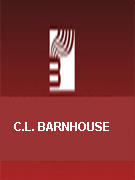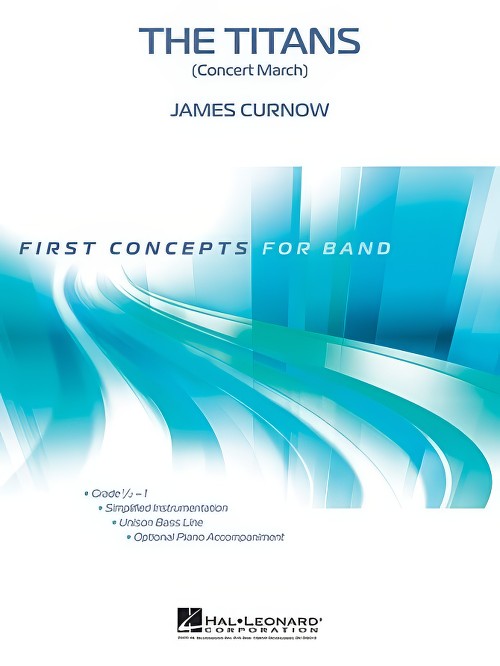Results
-
 £37.62
£37.62Give It All Ya Got (Concert Band - Score and Parts)
A contemporary concert march for intermediate level bands that really sparkles. This David Shaffer original sounds big and bold and won't take up all of your rehearsal time to prepare. Perfect for concert or contest use and it makes a tremendous concert opener. Quality material for mid-level bands.
Estimated dispatch 7-14 working days
-
£41.99
Burst of Brass - David Shaffer
A contemporary concert march for intermediate level bands that really sparkles. This David Shaffer original sounds big and bold and won't take up all of your rehearsal time to prepare. Perfect for concert or contest use and it makes a tremendous concert opener. Quality material for mid-level bands.
Estimated dispatch 7-14 working days
-
£54.99
Bandability - Galvin
This dynamic march for beginning bands will be a perfect educational choice for tackling tone production, contrasting styles, dynamics, blend and balance - all using only the first six notes! The melody is shared by several instrument sections, and your young players' ability to sound like a band will have you choosing this piece instead of 'lines from the book' for their first concert!
Estimated dispatch 7-14 working days
-
 £59.95
£59.95In Prospect - George Sweet
In Prospect is a tuneful processional piece. It can be used as a new and different march for festivals or graduation ceremonies for any level band as it is easy to rehearse. It can also be performed on a regular concert simply because it is an elegant and beautiful piece for beginning bands.
Estimated dispatch 7-14 working days
-
£69.99
Festive - Bertrand Moren
Bertrand Moren originally composed this march for the brass band Concordia of Bagnes in Switzerland, of which he is the conductor. Festive develops a sparkling and playful melodic line over a strong theme in the low brass section. This version for concert band is full of vitality and will bring a touch of liveliness to any concert. Festive is also suitable for an outdoor performance.
Estimated dispatch 7-14 working days
-
£92.00
Spartakiade (CB) - Serge Prokofieff - David Byles
March for a Spartakiade was written for a Russian athletic festival, the Sartakiad, which was inspired by the highly disciplined warriors of ancient Sparta.
Estimated dispatch 7-14 working days
-
 £64.00
£64.00Red Fury
In Red Fury, the frantic battle between a man and a fire ant hill is portrayed with dramatic and humorous flair. From the initial calm of the ants going about their business to the chaotic battle that follows, the music uses fast-paced rhythms, clashing dissonances, and vibrant percussion to create a sense of tension and urgency. Each section of the battle is characterized by different musical elements, such as a military march for the ants' preparation and whip-like sounds for the human's attempts to fend them off, ending in the victorious ants' triumph.
Estimated dispatch 12-14 working days
-
 £71.00
£71.00Washington Grays - Claudio Grafulla
A popular concert march for the advancing band in a new edition by edtor Tommy Fry. This is considered one of the greated marches of all time and is not for the faint of heart, but is well worth the effort in this meticulously done edition.
Estimated dispatch 12-14 working days
-
 £64.00
£64.00The Victors - Louis Elbel
This is the most famous of all college fight songs, but more impottant than that, it is a stellar concert march for contest/festival performance. The lesser known first and second strains are comparible to the great marches of John Philip Sousa and others. Andrew Balent works his magic to make it playable for today's bands.
Estimated dispatch 12-14 working days
-
 £38.50
£38.50The Titans (Concert Band - Score and Parts) - Curnow, James
Here is a solid, yet contemporary-sounding march for first year players. This powerful piece is carefully scored with interesting parts for all players. First Concept works included simplified instrumentation, unison bass line, optional advanced snare drum part and an optional piano accompaniment.Duration: 2:15
Estimated dispatch 7-14 working days
